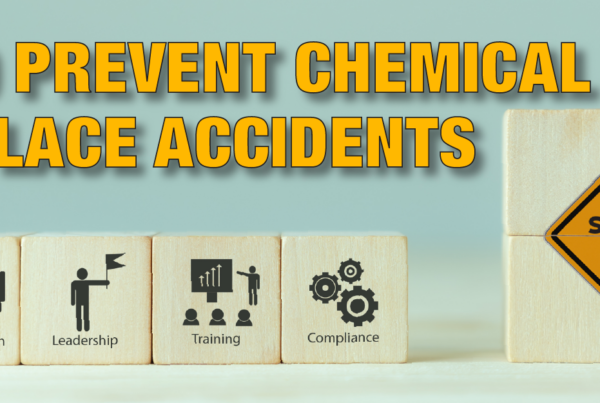Is anyone really ready for a surprise visit from a hazmat inspector? The quick answer is no, but there are things that you can do to prepare in anticipation of a visit.
Federal law requires that you allow an inspector access to records, property, reports, and other information relevant to shipping hazardous materials/dangerous goods. Unlike the crime show Law and Order, a search warrant is not required; you may not deny an inspector access to a regulated facility, impose conditions on the entry, or limit the inspector’s right to gather information or evidence.
Inspector’s will visit for a variety of reasons, but often include:
- Complaints
- Observations
- High-risk commodities (explosives, bulk shipments)
- Incidents
- Prior issues
- Proximity to another company being inspected
Preparing for the inevitable
- Develop a plan and designate staff with defined roles
- Ensure the designate knows what to say, and when to seek assistance from upper management
- Conduct internal audits and institute corrective actions
- Have commonly requested items in a centralized location
What are commonly request documents?
- List of hazmat employees
- Employee training records
- Shipping papers
- Standard operating procedures (SOPs)
- Special permits and interpretations
What do you do when it is show time?
- Ask the inspector to identify him/herself and the purpose of the visit
- Escort them to a quiet area where they can review documents
- Do not volunteer information, wait for them to ask
- Be polite, courteous and helpful. Never become rude or argumentative
- Take notes on what is discussed and who is spoken to
- Explain company polices (i.e., they must take brief safety training before entering the facility, they must wear safety glasses in a specific area, the supervisor must be present when…)
- Document the inspector’s information and get a business card, if available
- Do NOT sign anything except the Exit Brief
The Exit Brief
The Exit Brief will document the visit and any infractions that were found. Signing this document is not an admission of guilt, but rather acknowledging receipt of the document.
Most common violations
- Failure to train
- Improper training recordkeeping
- Undeclared shipments
- Improper packaging
- Improper closures
- Improper testing
- Labels and marks not properly applied
- Unauthorized Emergency Response number
After the inspection
- Follow up with information/documents that may have been requested
- Verify the probable violation, and take corrective actions
- Document any actions and/or training
- Seek assistance by industry experts on areas that you may not understand
- Reply within timeframes indicated on the documents received
- Ask for an extension when needed
Being prepared for the inspector before they arrive will save time, cost, and frustration. Always do your best to comply with the regulations, and revisit internal procedures regularly to ensure they are being followed. Ensure that you stay up-to-date with the changes in the regulations, and ensure all employees are trained accordingly.
Need help? Ask us about our auditing and training services. We can help ensure you and your employees are prepared just in case the inspector comes knocking.






 ICC USA
ICC USA ICC Canada
ICC Canada